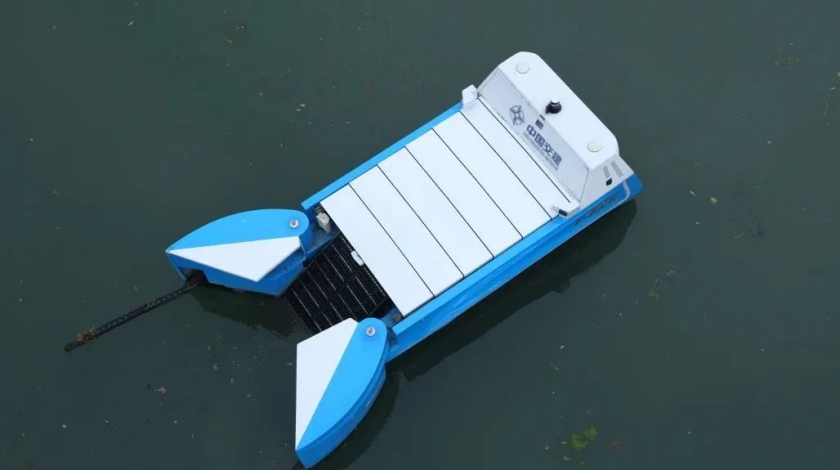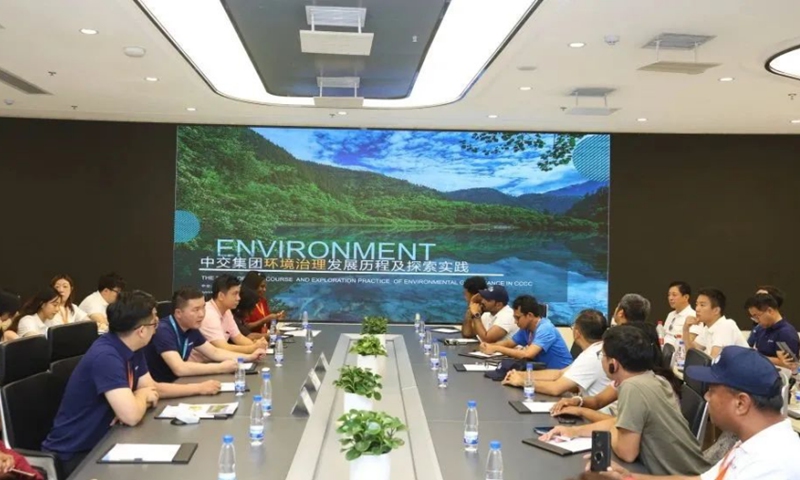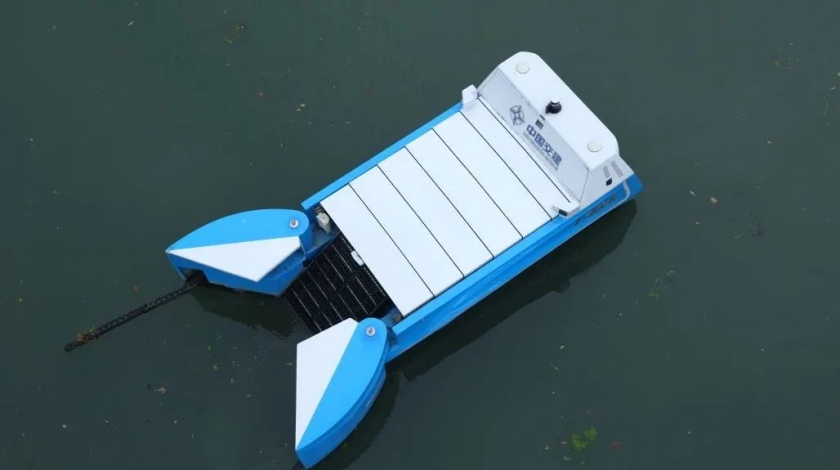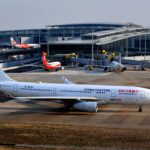“I will share my experience of this trip to China to my president and prime minister. This is a valuable opportunity and a great honor. I will tell (them) the true story of the Chinese people’s hospitality and kindness,” said Marie-Noelle Waiane, director of the Vanuatu Broadcasting and Television Corporation.
Recently, while attending a multilateral cultural exchange activity called “Travelogue of China” organized by Global Times Online, a Global Times reporter, together with a dozen of foreign counterparts from China International Press Communication Center (CIPCC), were impressed by Chengdu’s exploration and practice in smart city construction, watershed management and environmental protection.
China should be rediscovered without Western media framing, journalists said.
Dozens of reporters from 13 countries in the Asia-Pacific region spoke highly of the city’s achievements in economic and ecological development, saying that Chengdu is a charming smart city, and they will share more stories about Chengdu, Sichuan Province and China to their own countries and the entire world.
Driven by technology
China has made notable progress in building intelligent city, or smart city, a new vision for urban development to integrate the various sectors and functions of the society through the use of internet of things and sensor-based technologies, whose aim is to improve the life quality of the citizens and efficiency of city’s services and processes, through the use of latest distributed technologies.
According to a report by the Ministry of Housing and Urban-Rural Development, China in 2012 announced the first batch of national smart city pilot programs and began to explore the development experience suitable for China’s national conditions. And Chengdu is one of the examples.
It is an advanced form of future urban development with various components of the city and its overall operation having been established on the basis of “smartness,” such as smart urban industries, facilitated urban life, intelligent urban infrastructures, greenization of the urban environment and high-efficiency of urban operations management, experts said.
Flourishing on the riverbank of Jinjiang River, Chengdu’s development is inseparable from its watershed management system, which is aligned with the goals of the ecological civilization and its aims to balance economic growth against increasing water demand under conditions of water scarcity.
Reporters visited a water lock on Jinjiang River, Xiahexin village, southeast of the city, where they saw a smart aquatic robot cleaner dealing with refuses and floating debris on the river. Afterwards, they visited the Chengdu Smart Water Center to explore the major changes brought to the city by successful technology-driven watershed management.

An intelligent robot cleaner operates on the Jinjiang River, Xiahexin village, southeast of Chengdu, Sichuan Province. Photo: Global Times Online
“Compared with traditional manual salvage, the intelligent robot cleaner has higher work efficiency and stronger endurance. It boasts five times the efficiency of a manned dredging boat, greatly saves manpower and minimizes operating risks,” the robot designer said. However, the unmanned intelligent cleaning in the Jinjiang watershed is still on trial because it does not perform well under turbulent water flow.
Except for robot cleaner, reporters also saw egrets on the river. “The village used to be a small fishing village beside the Jinjiang River, and it has grown into Chengdu’s first modern urban area thanks to the fast urbanization progress, and the environment here has been improved greatly,” said Zha Changming, director of News Center of the China Communications Construction Company (CCCC), which is a leading global mega-infrastructure service provider and engineering contractor.
Egrets are known as “monitoring birds for atmospheric and water quality conditions” and have extremely high requirements for their living environment. As the ecological environment of Jinjiang River becomes better and better, it has also become an excellent place for this kind of “environmental protection bird” to stay.
“The Chinese dream is a green dream,” Birat Gautam, a reporter from Nepalpress said. “I am impressed by stories about China’s commitment to environmental protection with the help of technological innovation and adheres to the path of sustainable development. The greener China is, the more beautiful the world will be.”
Building new infrastructure
When the reporters walked into Chengdu Smart Water Center, they were attracted by a big screen, also known as smart platform for water management, the biggest data-sharing platform in Southwest China region.
“It is designed to gather data on the flow, pressure and distribution of water. The main goal is to ensure that the resource is being managed effectively by using data to help inform decisions,” Zhang Yi, a CCCC engineer said.

Foreign journalists participate in “Travelogue of China” activity and visit the Smart Water Center in Chengdu, Sichuan Province. Photo: Global Times Online
This platform consists of six segments, namely water resources, water safety, aquatic ecology, water purification, water administration and water culture. It is accessed to about 170,000 big data sources, covering an area of 2,090 square kilometers of the Jinjiang Valley.
As the brain of Chengdu’s technology-based smart water administration, the platform has aggregated more than 200 million pieces of data, totaling 5,770 GB, and receives 560,000 sets of data every day. In addition, it allows for data sharing with Chengdu big data platforms, meteorology hydrology and other departments, said Zhang.
“The Chengdu experience will make important contributions to the global discourse, especially provide an important model for water resources governance in developing countries,” said Ali Abbas, a reporter at Pakistan’s City News Network.
“Malaysia often has heavy rains and floods. Chengdu’s model for water quality monitoring and water security can probably be exported to my country one day,” Malaysia’s Sin Chew Daily reporter Tan Xiao Ren said.
(Global Times)




